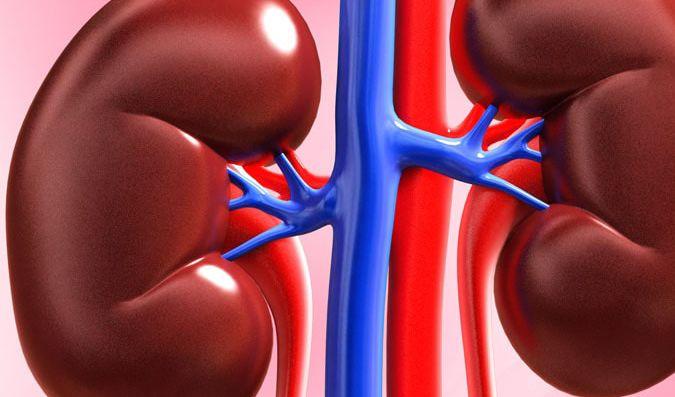Types of Kidney Diseases and their Causes
The kidneys are two powerful bean-shaped organs that play an important role in your overall health, ranging from balancing fluids in the body, filtering waste, producing urine, removing drugs from the body, releasing hormones that regulate blood pressure and many more. One cannot live without kidneys, so you need to take good care of your kidneys. Various diseases , lifestyle habits, and genetic factors can affect kidney function. There are different types of kidney diseases and their causes you need to know about to guide you on how to avoid them.
Kidney disease occurs when your kidneys become damaged and are unable to perform their functions. This damage can be caused by high blood pressure, long term chronic diseases, lifestyle habits and diabetes.
Types and Causes of kidney diseases
1. The most common type of kidney disease is chronic kidney disease. Chronic kidney disease is a long-term condition that does not improve over time. The most common cause of chronic kidney disease is high blood pressure. High blood pressure affects the tiny blood vessels, the kidneys where blood is cleaned. Increased blood pressure damages these vessels, and kidney functions begin to decline. If high blood pressure continues to be left untreated, the kidney function will continue to deteriorate to the point that the kidneys can no longer perform their functions.
Another cause of chronic kidney disease is diabetes. When your blood sugar levels are high, you may be diagnosed as diabetic. Diabetes also causes damage to the blood vessels of the kidneys like high blood pressure.
2. Kidney stones: Kidney stones are another type of kidney disease. Kidney stones occur when minerals and other substances in the blood crystallize into the kidneys, forking solid masses (stones).
3. Glomerulonephritis: This is an inflammation of the glomeruli. The glomeruli are small blood vessels inside the kidneys which filter the blood. Glomerulonephritis can be caused by drugs, infections, birth defects.
See also: Potential victims of Kidney Disease
4. Polycystic kidney disease: This is a genetic disorder that causes small sacs of fluids to be formed in the kidneys. These cysts can interfere with kidney functions.
5. Urinary tract infections: These are infections which affect the urinary tract. The most common parts of the urinary system UTI affects are the urethra and the bladder. When UTI remains untreated, the infection can travel into the kidneys and cause kidney disease.
Signs and symptoms of kidney disease
1. Fatigue
2. Muscle cramps
3. Difficulty concentrating
4. Edema of the feets
5. Loss of appetite
6. Nausea and vomiting
7. Changes in urine output
To be informed about relevant information join us on: Whatsapp or Telegram or Facebook
Reference: www.healthline.com
About Author
Join our social media platforms
Join Educative News Room for regular updates about related topics
Join Telegram or Join WhatsApp or Join Facebook or Join Twitter(X)
